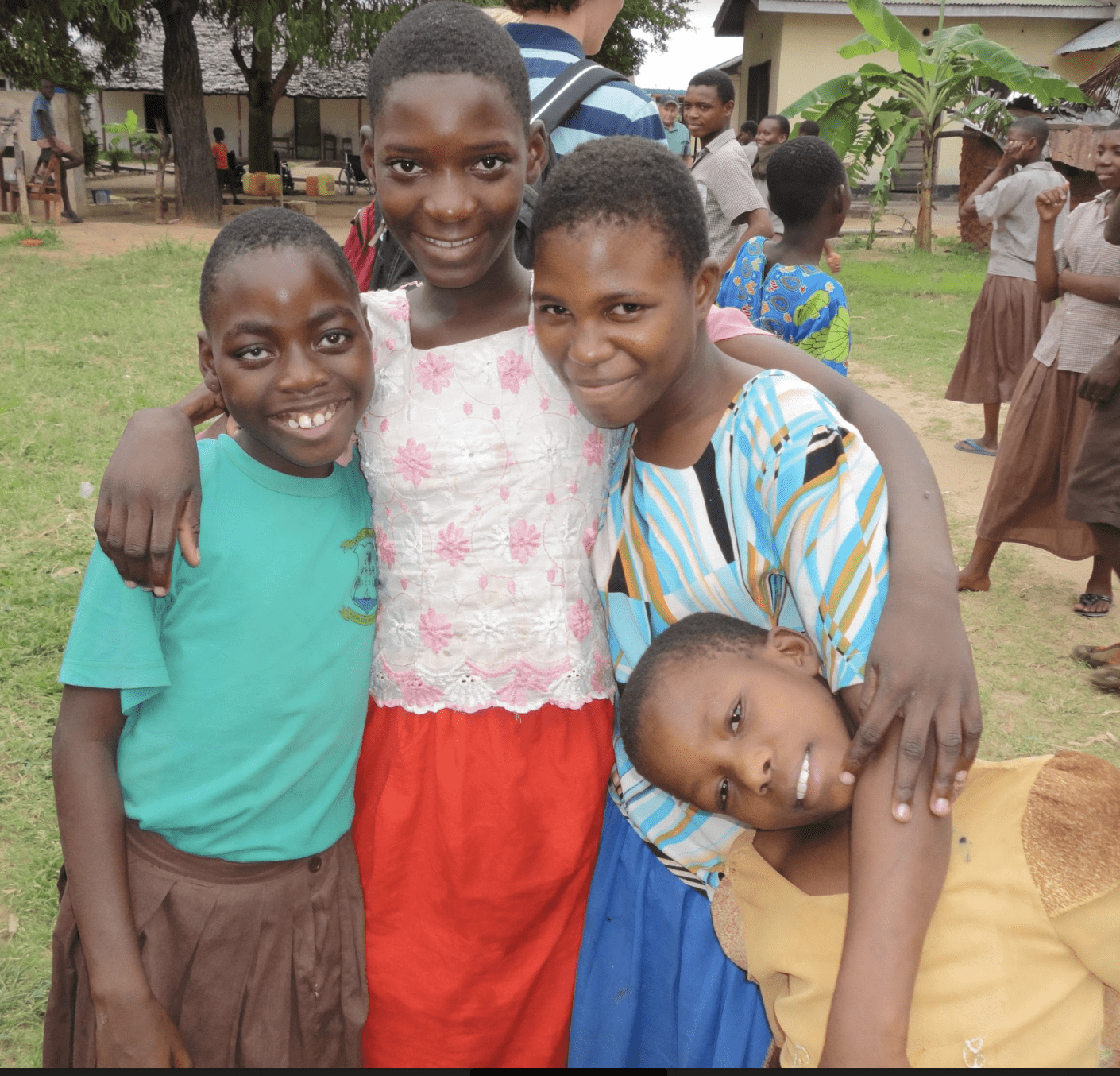Celebrating Special Olympics Coach & Special Education Teacher, Oripa Kwezuma, on World Teacher’s Day
by Kupenda
Posted on October 5, 2017
Oripa Kwezuma is a 43-year-old Kenyan special education teacher and Special Olympics coach who works at Sir Ali Special School. For more than a decade, Kupenda has supported Ms. Kwezuma through job placement, salary support, special education trainings and individual counseling.
On World Teacher’s Day (October 5), we’d like to share an interview we conducted with Oripa earlier this year where she describes her passion for working with children with disabilities.
How did you first become interested in helping children with disabilities?
I was attending a teachers workshop in Mombasa [when a woman] came and talked with us about disabilities. [She talked about] children who beat others or who cannot completely his or her school work and explained how certain disabilities can cause these problems. I found there were some children like this in my class so I developed an interested in learning how and why [to help them].
How did this career path lead you to Kupenda?
In 2007, when I was studying special education in college, Mr. Mbonani [Kupenda’s Kenya Director], heard of my strong academic performance and came to speak with me. He got me a 1-year volunteer position working with children with autism and later paid my salary for a full-time position at a Sir Ali Special School. Last year, he finally convinced the government to pay for my position so it could be permanent.
Which classes do you teach at the Sir Ali Special School?
I teach 46 students in two vocation skills classes. Some of the children have Down syndrome, autism, microcephaly, epilepsy, and cerebral palsy.
How do your vocational skills classes help these children?
If somebody cannot work in class then [vocational training gives] that person something to do. If you cannot work with your brains, you can work with your hands and eyes – that is what we believe. We know God cannot make you a useless person. He has to give you something. He has to give you a talent.
What kind of skills do the children learn in your classes?
They learn beading and how to make door mats, table mats [hot plates], picture frames, pockets for phones, shoes, necklaces and bangles.
How do you help children with intellectual delays learn these crafting skills?
You just give them one thing at a time [and then] you keep on reminding the child. You make that child a friend so he or she will not fear you.
Do the children enjoy the vocational training program?
They feel they are great! They feel they belong somewhere because someone is happy if he is told he has successfully made something. He feels like coming to school every day.
How does the Kupenda team support you now?
They come here to interview me … and appraise me every term. Mr. Mbonani talks to me about the challenges I face here and helps me resolve them. They also ran a training on care for children with autism where I learned about how diet can affect these children and how to keep them calm in the classroom. They also provide vocational materials for my classes.
What are your greatest needs as a teacher now?
I’d like to be trained on sign language and we have a lot of epileptic children and children with Down syndrome so I’d like to learn more about those disabilities too.
Teaching children with special needs sounds challenging. What keeps you going?
Most of these children are neglected by their parents. They don’t get love. But if you come to love these children, you get blessings. When I come [to school] and I’m not happy, I find I’m getting happiness… I forget what was spoiling my mind. I love these children. They are really blessing to me.
Over the past two decades, Kupenda has supported hundreds of special education teachers like Oripa who have, in turn, improved the lives of thousands of children with disabilities. We are so grateful for these passionate professionals who give of their time, energy and love to educate these children. We could not do this work without you.




Leave a Reply